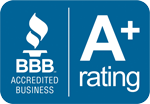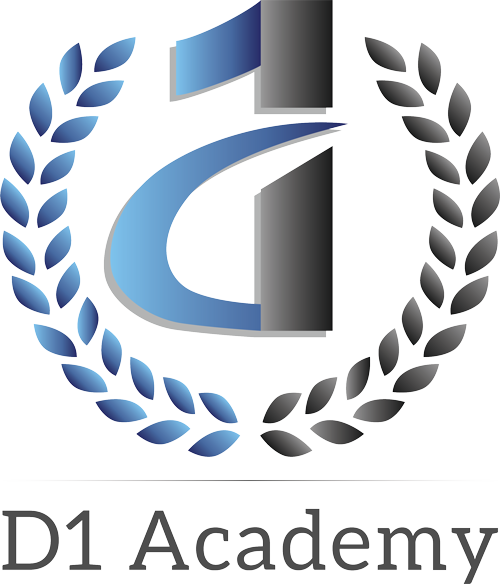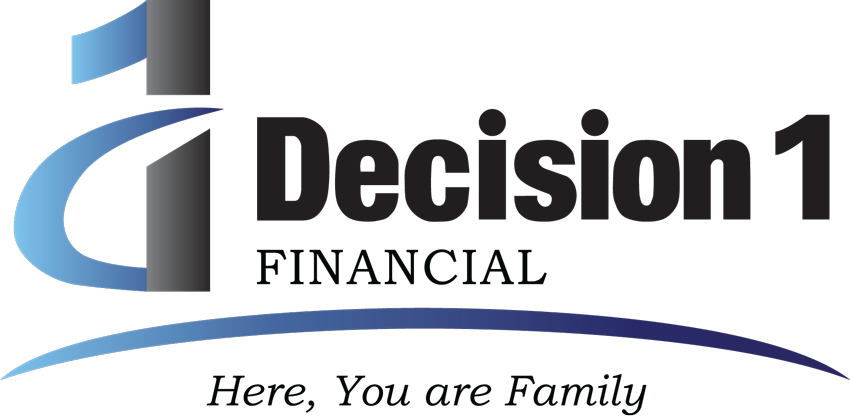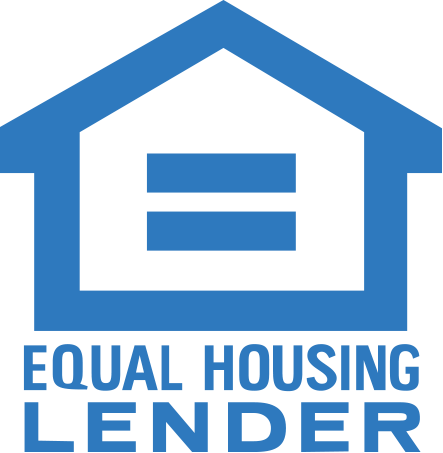Growth of new businesses being launched during the COVID-19 pandemic has led to a rise in the number of self-employed people, but it raises the question of how they will be able to plan for their retirements when they are not eligible for employer-sponsored 401(k) plans.
Because of these uncertainties, many small entrepreneurs envision never stopping working which becomes more difficult the older they are.
A recent survey conducted by Transamerica Center for Retirement Studies revealed the retirement visions and preparation methods of self-employed individuals. The findings were startling:
· 56% of self-employed individuals said they envision working past retirement age or never retiring.
· 22% said they plan to continue doing the same type of work indefinitely.
· 20% said they would change their work habits after retirement but would not stop working.
· 29% said that they would reduce their workload before fully retiring.
In light of these findings, TCRS suggests that self-employed individuals take steps to financially prepare themselves for retirement by following these tips:
· Start saving as early as possible in life, and establish a habit of regularly saving as time passes.
· When income is irregular, save more during periods of abundance and less during dry periods.
· Use tax-advantaged savings vehicles such as SEP IRAs, IRAs, 401(k)s and others..
· Set up automatic deposits or transfers for a savings account to ensure healthy contribution habits.
· Contribute regularly to Social Security to ensure adequate benefits during retirement.
· Create a financial forecast and savings plan that includes an alternate business plan.
· Be sure that financial plans address current and future needs.
· If applicable, develop an exit strategy and a financial plan for a successor in the future.
TCRS stressed the importance of Social Security contributions. Since benefits are based on work history, under-reporting income to slightly reduce a tax liability can be a costly long-term mistake.
When developing financial plans for a small business, work with a financial adviser. Many people make the mistake of doing DIY planning with online forms. Each business is unique, and standardized forms or packets may not address all specific needs.
We can help you solidify your retirement savings plans by taking a look at your current savings and how you can maximize your investments.




